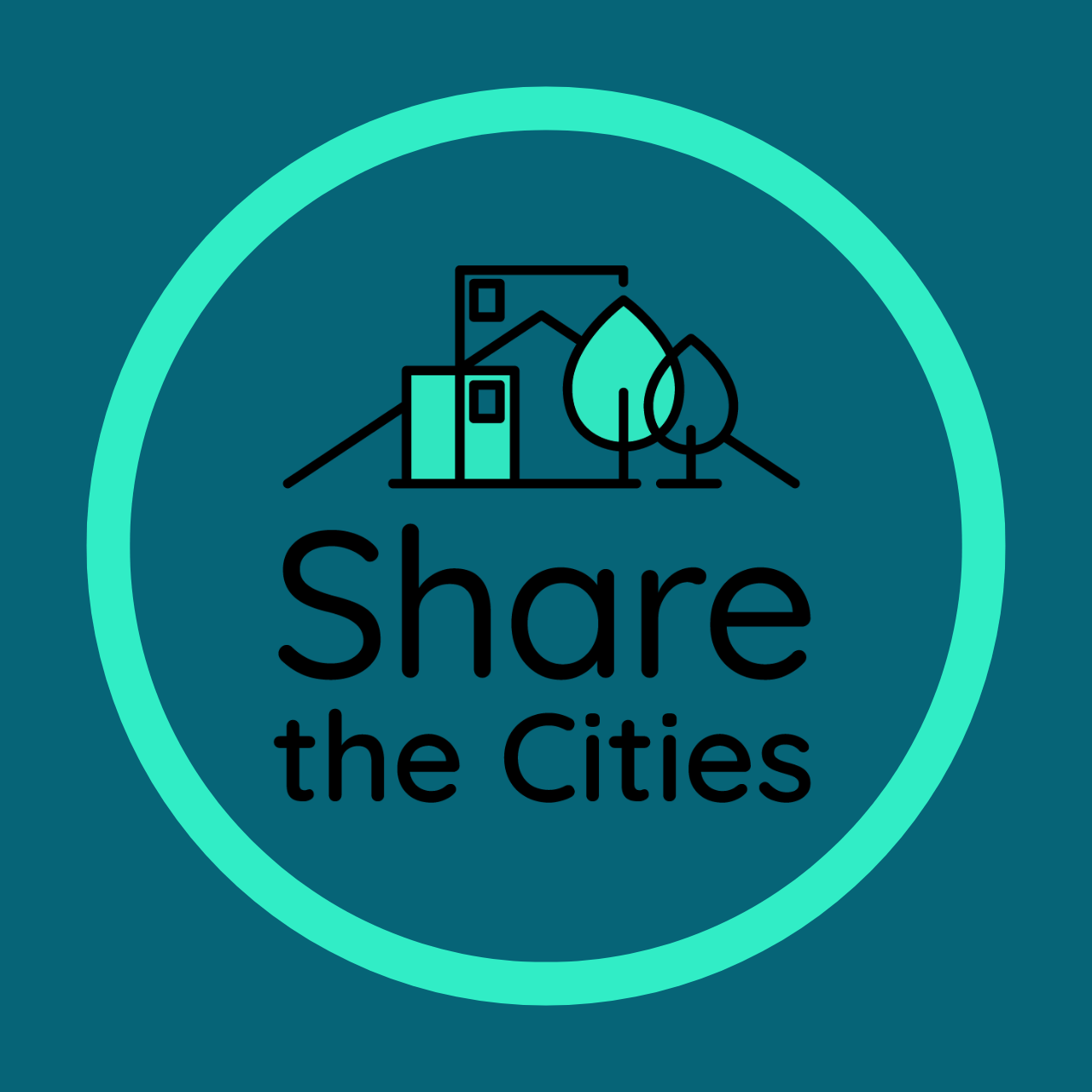Seattle’s Comprehensive Plan
Learning Resources
Check out Affordable Talaris’ analysis of the public comments received during the scoping phase: linked here.
Reading recommendations
The Color of Law A Forgotten History of How Our Government Segregated America
Book • By Richard Rothstein • 2017
In The Color of Law (published by Liveright in May 2017), Richard Rothstein argues with exacting precision and fascinating insight how segregation in America—the incessant kind that continues to dog our major cities and has contributed to so much recent social strife—is the byproduct of explicit government policies at the local, state, and federal levels.
Futurewise’s website includes fantastic maps with the Growth Strategy Alternatives.
Other reading recommendations here.
Email info@sharethecities.org to get involved in our current efforts.
Are we a “yimby” group? Yimby is a verb. It isn’t our whole identity. We take actions to say yes to more neighbors. We push back against those who say NO to affordable housing, NO to renters and NO people without housing in their community.
Next Steps and How to Engage
In the next stage of Environmental Impact Statement activity, OPCD will create a Draft EIS with three Alternatives that will go through another round of community engagement.
Create an account! in the Engagement Hub to receive updates about critical meetings and surveys. You do not have to be a Seattle resident to engage. We encourage people in the Puget Sound region who have been displaced from Seattle, or who have never been able to afford to live in Seattle, to take an active role in shaping the city’s future.
Get involved! There are several upcoming meetings to provide in person feedback to the city. We urge the City of Seattle to set considerate meeting times, arrange for child care, and take all possible steps (childcare, translated materials, paid focus groups) to ensure a more equitable process.
Listen to youth! We also hope to see a youth engagement strategy deployed in Seattle Public Schools and other spaces where young Seattleites gather. Youth ideas, vision, and passion for a better Seattle should be centered in this process.
Learn about social housing! The top comment in the engagement hub was “Alternative 6: Social Communities for All” from Real Change
Let’s build equitable communities! Seattle should no longer allow downtown real estate interests, longtime homeowner voices, wealthy tenants, for-profit developer interests, and other traditionally privileged voices to dominate our most impacted and vulnerable communities. The One Seattle Comprehensive Plan must prioritize people with disabilities, Equitable Development Initiative organizations led by communities of color and immigrant communities, LGBTQIA+ folks, suburban workers who are forced into long commutes to job centers in Seattle, and low-income folks throughout the region who might be a paycheck away from homelessness.
Land Acknowledgement
“To recognize the land is an expression of gratitude and appreciation to those whose territory you reside on, and a way of honoring the Indigenous people who have been living and working on the land from time immemorial. It is important to understand the long standing history that has brought you to reside on the land, and to seek to understand your place within that history. Land acknowledgements do not exist in a past tense, or historical context: colonialism is a current ongoing process, and we need to build our mindfulness of our present participation. It is also worth noting that acknowledging the land is Indigenous protocol”. Find out whose land you are on.
Visit the Daybreak Star Cultural Center
Visit the Duwamish Longhouse

